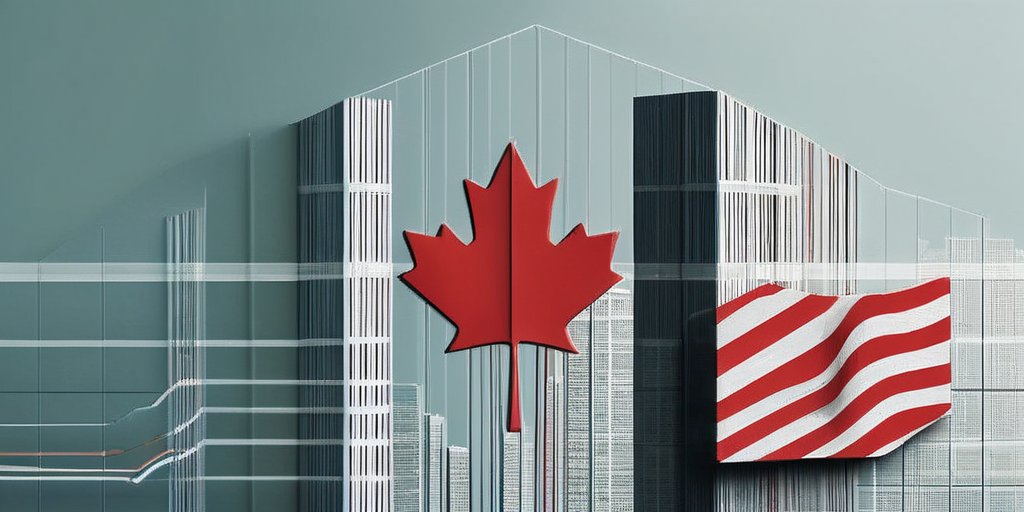As Canada’s general election campaign kicks off, the backdrop provided by the United States is creating significant waves in the political landscape. With a trade war starting and President Donald Trump publicly targeting Canada with tariffs and challenging the integrity of its sovereignty, this election marks a crucial turning point that transcends domestic politics alone. On April 28, voters will not only be contemplating traditional issues like housing and immigration but will also reckon with unprecedented external pressure from the US.
The ‘Trump effect’ is keenly felt, as Canada’s historically strong relationship with its southern neighbor undergoes stress. With Trump threatening to use economic force, labeling the Canadian border as an ‘artificially drawn line’, and recently stating his lack of preference regarding the Canadian political outcome, all eyes are on how his administration’s actions shape Canadian opinions and policies as the campaign unfolds. Marci Surkes, a political strategist, emphasizes the critical influence of the American president’s stance on Canadian politics, noting that campaigns are already starting to pivot around his remarks and maneuvers.
Central to these electoral dynamics are the candidate profiles from the Liberal and Conservative parties—Mark Carney and Pierre Poilievre are emerging as the primary figures. Carney, previously a central banker and new to the political arena, lacks the years of experience that Poilievre possesses. The latter, who has been active in federal politics for two decades, is focusing campaign efforts to address inflation and project a stronger national identity by highlighting a return to ‘Canada first’ priorities. Both candidates must demonstrate their capacity to manage relations with the unpredictable Trump while articulating their visions for Canada’s future.
Voters are pondering which leader can provide the strongest reaction to current economic uncertainties and the looming tariff threats, while also addressing ongoing concerns regarding affordability and healthcare. Political analysts note that the cost of living issues may still rate high, but the threat posed by US tariffs are overshadowing everyday concerns.
Recent polling indicates a remarkable shift as the Conservative party, once leading the polls by a substantial margin, finds itself in a neck-and-neck race with the Liberals. Experts argue that Trump’s return to the White House and the resignation of Justin Trudeau have played a fundamental role in altering the trajectory of the election, creating a volatile atmosphere where anything could happen.
As candidates gear up for the battle ahead, how they position themselves amid this evolving geopolitical climate could determine not just their political fortunes, but the very direction of Canada’s national identity and engagement with the US moving forward.
